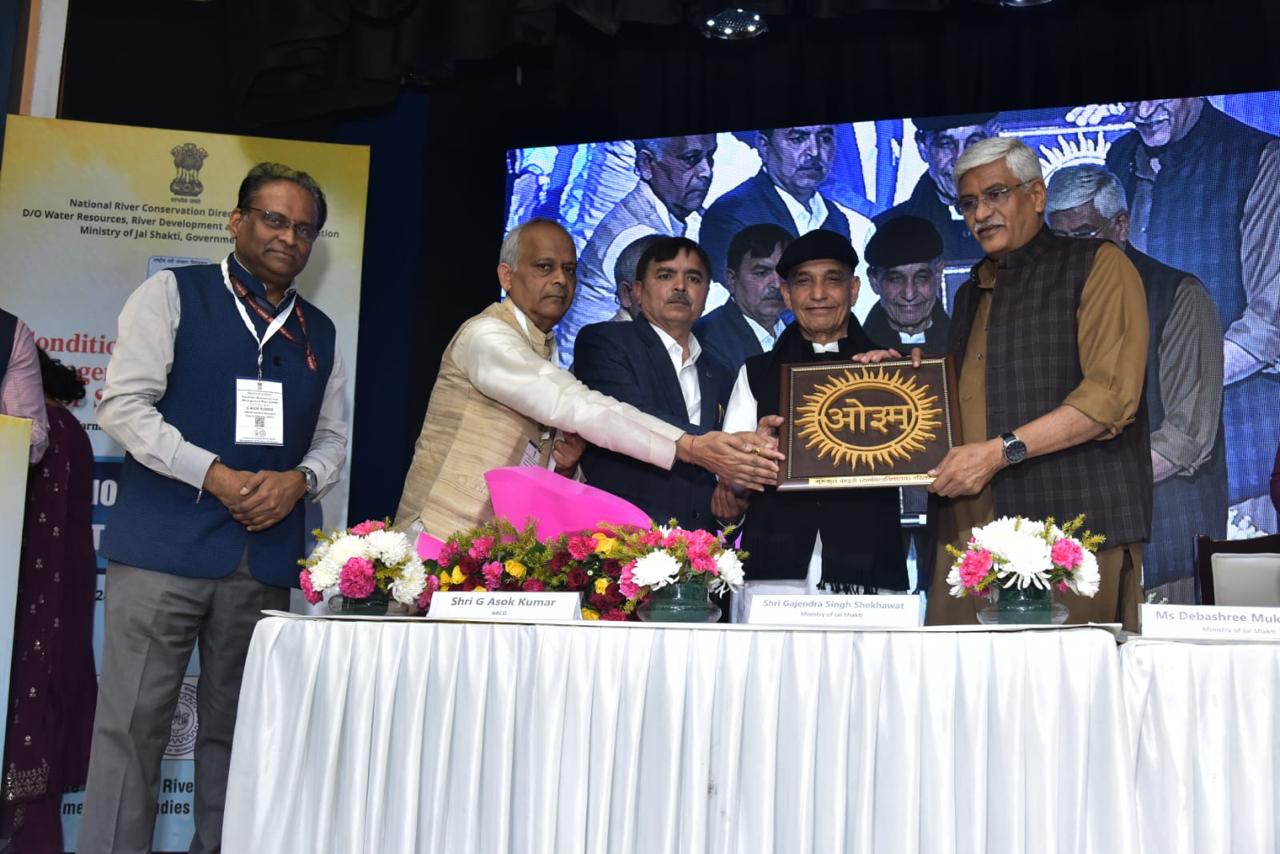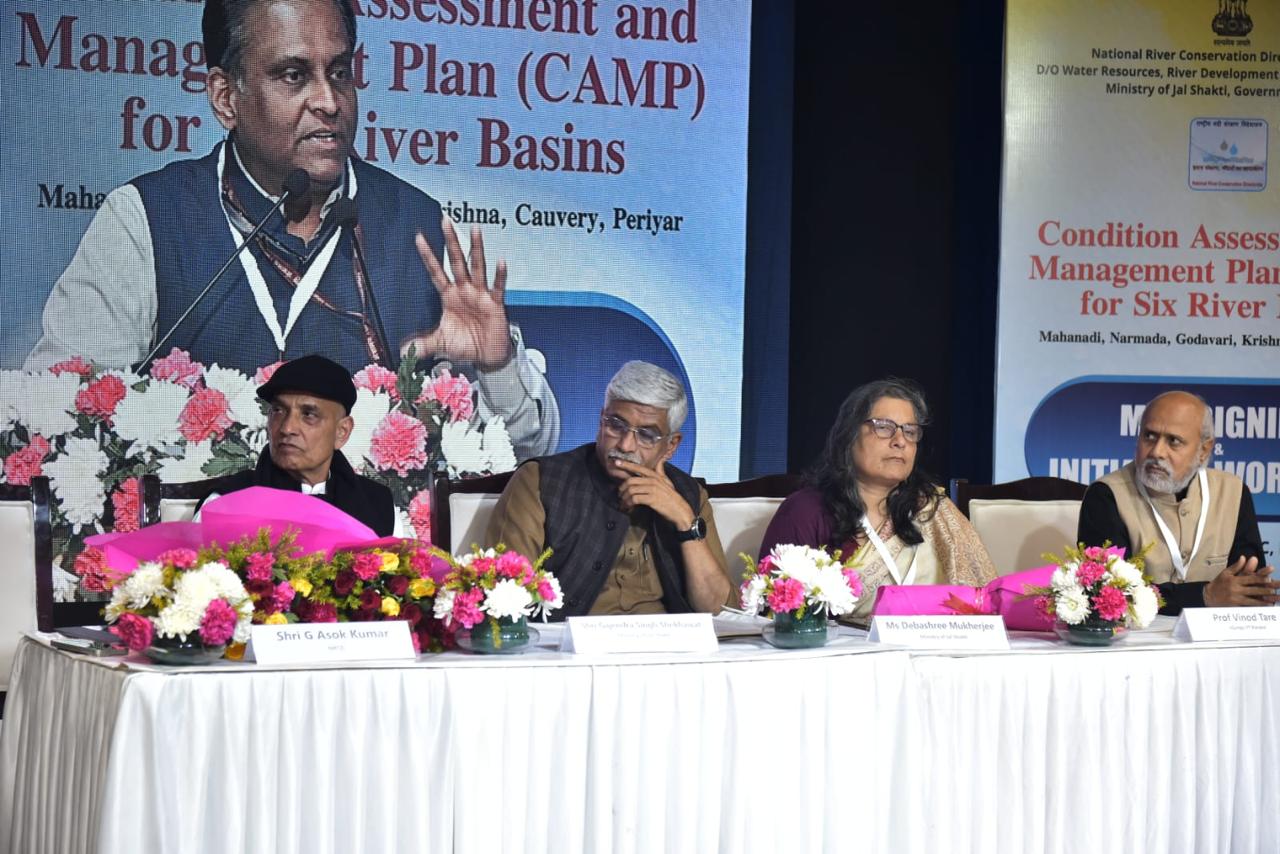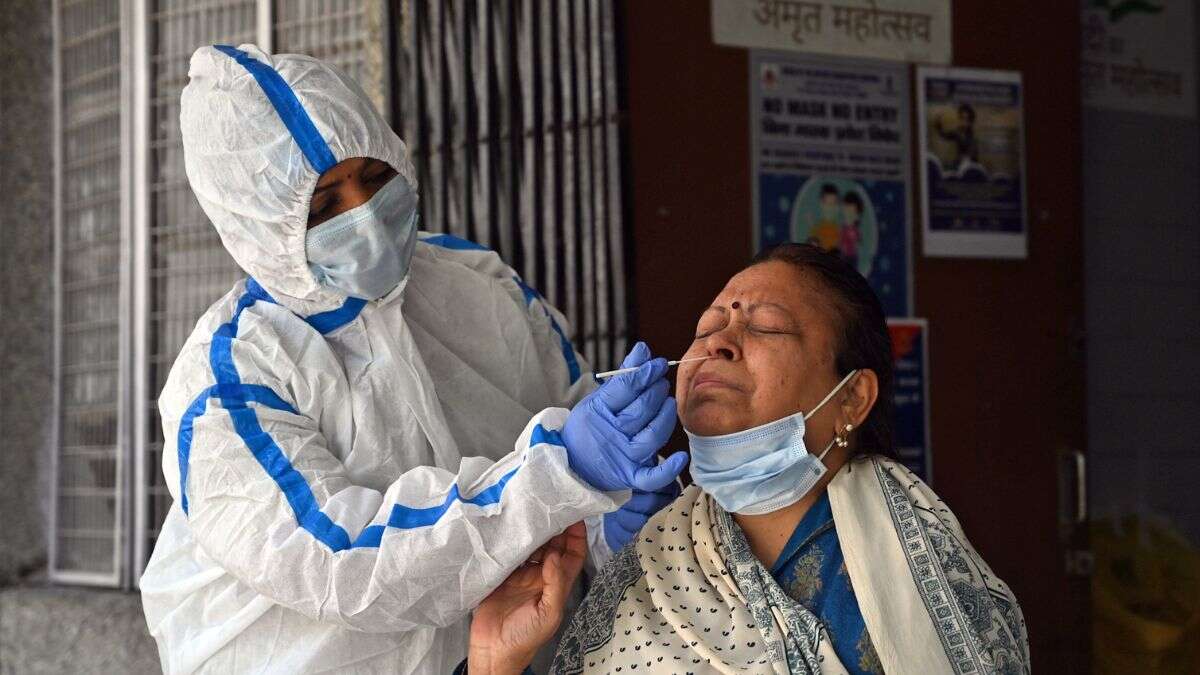In a significant move towards ensuring the ecological well-being and sustainability of its river systems, India embarked on a collaborative effort to improve the condition of six major rivers: Mahanadi, Godavari, Krishna, Cauvery, Narmada, and Periyar. This initiative, spearheaded by the Ministry of Jal Shakti, signifies a proactive approach to river management, leveraging the expertise and knowledge of esteemed academic institutions.
 Drawing inspiration from the success of the Centre for Ganga Basin Management and Studies (Ganga), the Ministry signed a pivotal agreement with 12 esteemed technical education institutions. This collaboration seeks to replicate the Ganga model across the six chosen rivers, placing research, monitoring, and technical knowledge gathering at the forefront of basin management strategies.
Drawing inspiration from the success of the Centre for Ganga Basin Management and Studies (Ganga), the Ministry signed a pivotal agreement with 12 esteemed technical education institutions. This collaboration seeks to replicate the Ganga model across the six chosen rivers, placing research, monitoring, and technical knowledge gathering at the forefront of basin management strategies.
The agreement assigns the responsibility of developing comprehensive condition assessments and management plans for each river basin to the following institutions:
- Narmada: IIT Indore and IIT Gandhinagar
- Godavari: IIT Hyderabad and NEERI Nagpur
- Mahanadi: IIT Raipur and IIT Rourkela
- Krishna: NIT Warangal and NIT Surathkal
- Cauvery: IISc Bangalore and NIT Trichy
- Periyar: IIT Palakkad and NIT Calicut
These institutions are equipped with the necessary expertise and resources to conduct in-depth analyses of the river basins, encompassing factors such as water quality, flow patterns, ecological health, and human interactions. The resulting data and insights will be instrumental in formulating effective strategies to address the specific challenges faced by each river system.
The Union Minister of Jal Shakti, Shri Gajendra Singh Shekhawat, emphasized the invaluable experience gained through the Namami Gange Mission. He highlighted the crucial role of combining academic knowledge with administrative efforts in achieving sustainable river management. The success of this mission, recognized by UNESCO as one of the ten best conservation and revitalization campaigns globally, serves as a testament to this collaborative approach.
The Minister further emphasized the need for enhanced inter-state cooperation and coordination in addressing river-related challenges. He expressed his confidence that the knowledge and insights gleaned from Ganga basin management will be instrumental in planning and implementing effective strategies for the six designated rivers. This collaborative effort signifies a shift towards a more integrated approach to river management, recognizing the interconnectedness of various stakeholders and the need for collective action.




